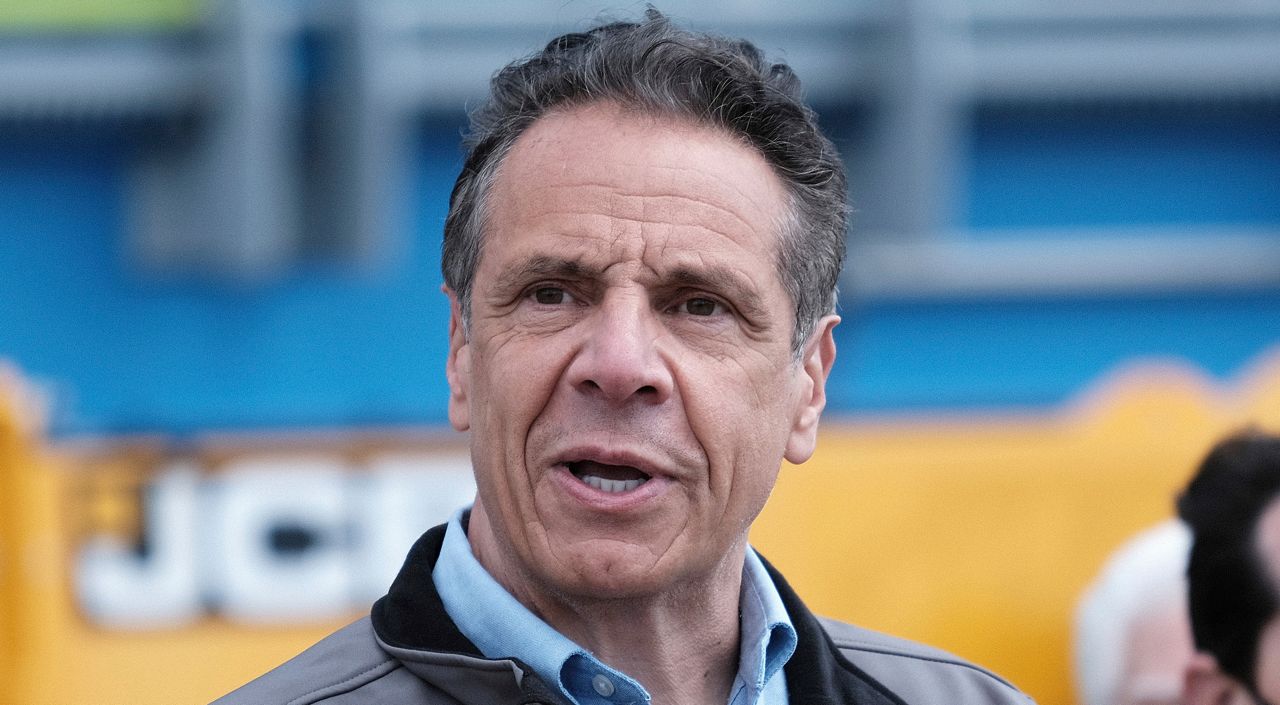The report landed like a bombshell in the halls of the state Capitol. The sexual harassment allegations leveled against a powerful and feared politician had been corroborated. Support that he had built up over decades began to melt away. There were calls for him to resign and, if he didn't, for the state Legislature to take action.
"As I said yesterday, there should be a zero tolerance policy when it comes to sexual harassment and we must now send a clear message that this behavior is not tolerated," Gov. Andrew Cuomo said in 2013. "Vito Lopez should not spend another day in office, let alone a whole month. He should resign effective immediately and if he does not, he must be expelled."
Lopez, a Brooklyn Democrat in the state Assembly, did ultimately resign before lawmakers could remove him from office.
But will Cuomo?
The embattled governor has shown no signs of stepping aside in the wake of a report issued nearly a week ago that concluded he sexually harassed 11 women. Local prosecutors are preparing criminal investigations. Albany County Sheriff Craig Apple on Saturday said his office is investigating the allegation the governor groped an aide at the Executive Mansion, and Cuomo could ultimately face a misdemeanor charge.
Rita Glavin, one of the attorneys representing Cuomo, said Saturday on CNN she is "not aware of the governor having any plans to resign."
People who have known Cuomo for years expect him to continue to push through the controversy, arguing it's not in his DNA to quit when he doesn't think he did anything wrong -- especially from a job he has spent his entire adult life seeking to attain, one that has been intertwined with his identity.
Democrats in the state Assembly are expected to introduce impeachment articles in the coming weeks, with many in Albany assuming Cuomo's exit is a foregone conclusion, one way or the other.
On Sunday evening, top Cuomo aide Melissa DeRosa announced her resignation, a thunderclap of a departure for a governor who relies on only a handful of trusted advisors. DeRosa had been mentioned in the report frequently, and was involved in the effort to undermine the allegations leveled against Cuomo by Lindsey Boylan.
No mention of the governor himself was made in DeRosa's statement. Still, Cuomo's attorneys over the last several days have sought to respond forcefully to the report after several days of allowing seemingly canned statements to serve as a public rebuttal.
They allege the investigation was conducted unfairly, that one investigator has an axe to grind because of his ties to a former federal prosecutor who had probed Cuomo's office in the past.
The report blindsided Cuomo's legal team, and as of Saturday they were yet to receive supplementary documents from the attorney general (James' office has said transcripts of interviews with proper redactions will be sent to the state Assembly on a "rolling basis").
Cuomo's attorneys dispute the most serious allegations that Cuomo inappropriately touched employees ever occurred.
Democrats in the state Legislature are likely to reject any deal floated by the governor that would allow him to stay on and serve out the remainder of his term, but not seek re-election.
All of this turmoil comes against the backdrop of a resurgent COVID-19 in New York and across the country as a more contagious strain of the virus has created more uncertainty.
New York on Sunday reported 3,467 new COVID-19 cases. Hospitalizations have now reached 1,162 people and intensive care units have 239 patients across the state. Eleven people have died in the last 24 hours.
Schools, opening next month, were told by the state to rely on local guidance for setting their reopening plans -- a position blasted by Education Commissioner Betty Rosa.
In the summer of 2007, when then-Attorney General Andrew Cuomo released a devastating report that determined Gov. Eliot Spitzer's aides used state resources to surveill the travel of Senate Majority Leader Joe Bruno, the famously hard-charging governor was contrite and acknowledged mistakes had been made.
Spitzer said he was sorry to all involved in the mess.
"Finally, I apologize to the people of the State of New York," he said at the time, "for having allowed this matter to have become a distraction from the vital work at hand.”


